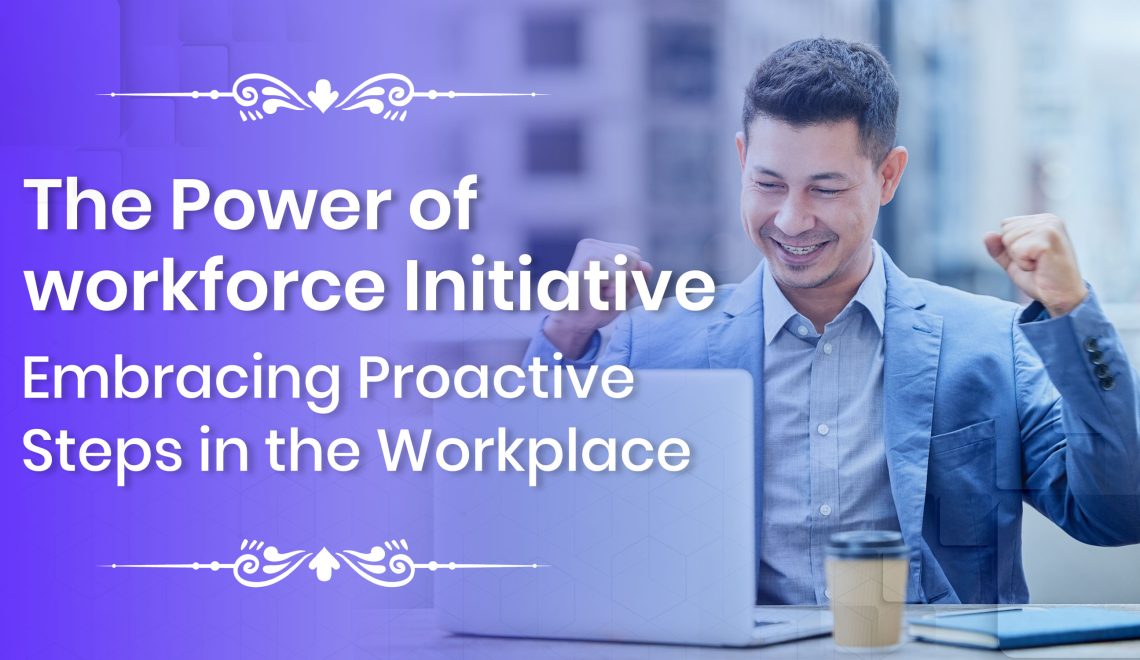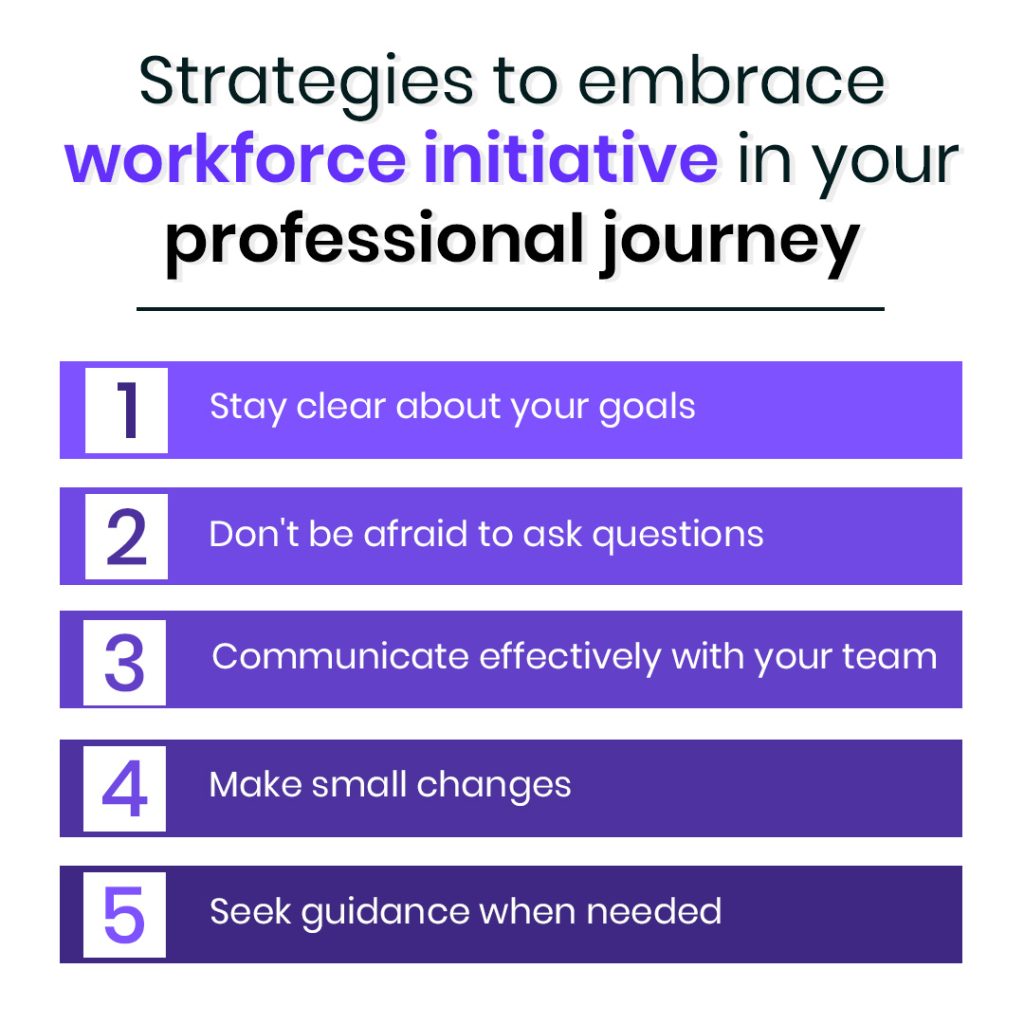
In any workspace, taking initiative isn’t just a “nice-to-have” – it’s a game-changer. It’s the ability to spot opportunities, take risks and adapt in a rapidly changing environment. What’s more, showing workforce initiative signals your commitment to your role and your ability to make an impact.
As someone who has been leading SBL Knowledge Services Ltd. for years, I can attest that workforce initiative makes professionals stand out. It allows you to carve your own path, inspires others and brings about meaningful changes at work.
Now, the initiative isn’t just about being adventurous or daring. It’s about understanding the needs of others, aligning your ambitions with the collective objectives and stepping up when action is needed. In essence, the initiative is your readiness to act and make decisions, even when no one asks you to do so. And sometimes, that one seemingly small idea can be a game-changer. Therefore, I strongly believe that professionals should always voice their thoughts without hesitation.
To put it into perspective, let me explain what taking initiative at work means and why it’s significant. Being proactive at work isn’t just about coming up with fresh ideas. It’s about taking on new tasks and stepping out of your comfort zone. I understand that the extra responsibility might seem intimidating, but it’s a cornerstone of professional growth. You can uncover more opportunities, showcase your value, and identify your strengths for further development.
So, how can you embrace workforce initiative in your professional journey?
Here are some strategies that have worked well for me and many others.

Stay clear about your goals
Knowing what you’re aiming for is crucial. It gives direction to your actions and helps you identify where things might be going off track. From there, you can experiment with creative solutions to enhance those areas.
Don’t be afraid to ask questions
Asking a question doesn’t indicate ignorance, but curiosity. It’s a powerful way to learn from others, understand different viewpoints, and reflect on your own assumptions. Keep in mind though, the purpose of asking questions is to seek understanding, not to point out mistakes.
Communicate effectively with your team
Staying connected with your team regularly can help you determine the most efficient methods and craft suitable strategies. Effective communication fosters teamwork and leads to greater success in your projects.
Make small changes
Success is a journey of learning from failures and using them as stepping stones. Start by making small, incremental changes instead of drastic ones. This iterative approach allows you to test what works best for you.
Seek guidance when needed
Getting input from others can help you overcome many hurdles. If you’ve been stuck on a task for days or find yourself unusually frustrated, it might be time to seek some professional advice. Remember, it’s okay to ask for help.
In addition to these, I’d also like to mention the importance of mental health initiatives in the workplace.
These can include promoting mental health awareness through internal communication channels, offering Employee Assistance Programmes (EAP) for those struggling with mental health issues, and providing flexible work arrangements for better work-life balance.
Education and training sessions can increase understanding of mental health issues, while wellness programmes can encourage physical and emotional well-being.
Policies for mental health leaves, peer support networks, workplace mental health assessments, and initiatives for work-life balance are equally significant. Lastly, fostering open communication and leadership support can create an inclusive culture that values mental well-being.
To cut things short, embracing initiative in the workplace can lead to increased job satisfaction, skill development, and greater opportunities. It empowers you to create your own path, rise to the top, and enjoy a fulfilling professional life.
Follow me On LinkedIn
FAQ
What are your top three suggestions for work initiatives that we could offer to improve employee health and well-being?
1. A comprehensive wellness programme including physical fitness training, mindfulness training, and dietary guidelines.
2. Flexible work arrangements for a healthy work-life balance.
3. Access to mental health resources such as counselling or EAPs.
Can you elaborate on the concept of well-being?
Well-being is a multifaceted concept encompassing various elements. It includes physical health, where we pay attention to our bodies’ needs through exercise, proper nutrition, and rest. It also includes mental health, where we ensure our minds are in the best state, and emotional wellness, which involves nurturing our emotions and developing resilience. Besides, it extends to our social connections, where we foster wholesome relationships, and our work-life balance, which helps us maintain equilibrium in different facets of life. Lastly, it includes personal fulfilment, where we discover our purpose and find meaning in what we do. Prioritizing well-being contributes to overall joy, resilience, and a higher standard of living.
What comprises the essential elements of well-being?
There are three primary pillars of well-being. The first is physical health, which involves taking care of our bodies through regular exercise, a balanced diet, and adequate sleep. The second is mental and emotional wellness, where we manage stress, nurture positive emotions, and build resilience. The third pillar is social relationships. This involves fostering supportive social networks and cultivating meaningful relationships. Each of these elements plays a vital role in creating a balanced, fulfilling life.



